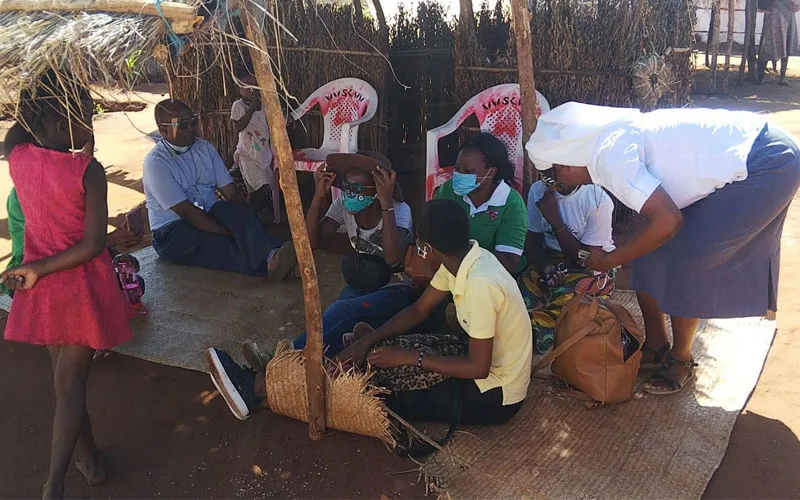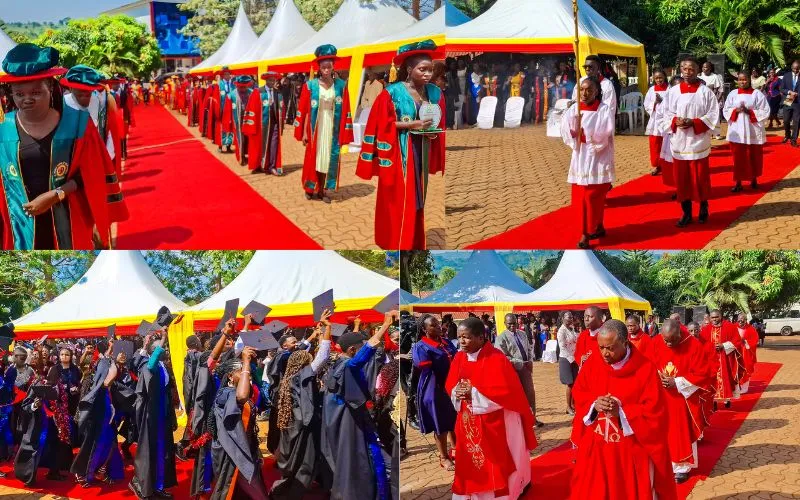Cabo Delgado, 17 June, 2021 / 9:16 pm (ACI Africa).
The Catholic peace and charity organization, Denis Hurley Peace Institute (DHPI), has shared with ACI Africa the growing humanitarian crisis among residents of Cabo Delgado in Northern Mozambique where displaced people are starving in refugee camps even after the World Bank released funds to alleviate suffering in the camps.
In an update sent to ACI Africa on Thursday, June 17, DHPI Director, Johan Viljoen, says that the displaced people in Mozambique’s Cabo Delgado region need help desperately.
“The World Bank has signed a $100 million grant to Mozambique to assist in development projects in the Northern provinces,” Mr. Viljoen says, and adds, “However, it seems those funds have not yet reached the people on the ground, who need the help desperately.”
The World Bank, in April, approved a $100 million grant from the International Development Association (IDA) in support of the Government of Mozambique’s Northern Crisis Recovery Project in Cabo Delgado.
The project focuses on addressing immediate early recovery initiatives in the province weighed down with violence, including restoration of livelihoods and economic opportunities, building of social cohesion, and improving access to basic services as well as the rehabilitation of selected public infrastructure intended to benefit internally displaced persons (IDPs) and host communities in targeted areas of Northern Mozambique.








